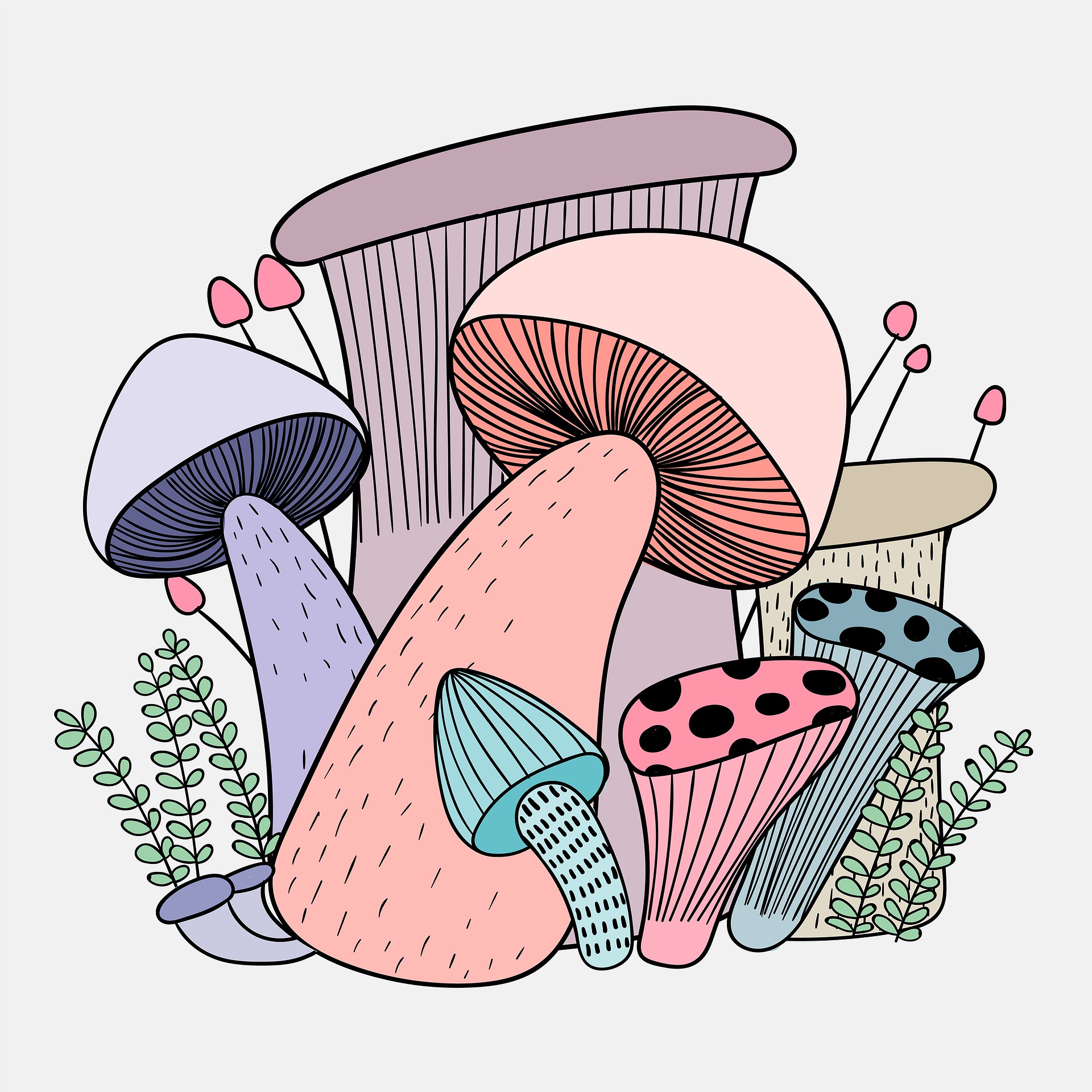
*Editor’s Note: Elephant is not your doctor or hospital. Our lawyers would say “this web site is not designed to, and should not be construed to provide medical advice, professional diagnosis, opinion, or treatment to you or any other individual, and is not intended as a substitute for medical or professional care and treatment. Always consult a health professional before trying out new home therapies or changing your diet.” But we can’t afford lawyers, and you knew all that. ~ Ed.
Adaptogens are herbs that help to build your body’s stress resilience.
And if you’re anything like me, you could use some extra “stress resilience” right about now.
So, what makes a herb an adaptogen? And how do they work?
Good questions.
First off, adaptogens are defined as having three main attributes:
>> They are non-toxic and safe to take longterm
>> They build the body’s inherent stress resilience
>> They have a balancing effect on the body
Adaptogens work by modulating the body’s stress response. They do this by regulating the HPA axis—aka the control center of your stress hormones.
When your body is under stress, the HPA axis goes into overdrive and starts secreting hormones like cortisol.
Cortisol is the body’s stress hormone. When it’s released within the body, it works to raise blood sugar levels, as well as overall energy levels. This is good for acute bouts of stress, but having chronically high levels of cortisol over long periods of time is damaging for your health.
Thus, using natural adaptogenic herbs can help to control your HPA axis, which controls cortisol release. A win-win for naturally combatting stress.
So, what are the best adaptogens for stress? Below is my list of some of the best adaptogenic herbs for stress and lowering cortisol.
1. Ashwagandha
Ashwagandha is an herb that has been used around the globe for centuries with amazing benefits for overall well-being. It’s one of the favorite herbs within the Ayurvedic system of medicine.
Research shows that ashwagandha may help reduce stress levels by regulating the HPA axis and thus decreasing the amount of cortisol that’s released in your body.
Additionally, researchers speculate that ashwagandha may also have an anxiolytic effect. It’s thought that this is due to ashwagandha’s ability to modulate the HPA axis.
As an added bonus, Ashwagandha can also help to increase sleep quality. A recent clinical trial showed that Ashwagandha helped to reduce the time that it took to fall asleep. This is a big finding, especially for those of us who have sleep problems at night. It showed ashwagandha root extract helped individuals to improve sleep onset latency (the time it takes to fall asleep). After the 10-week treatment period, a reduction in anxiety was also observed in the patients given the extract.
2. Rhodiola
Rhodiola is a slow-growing plant that grows in the high altitudes and cold climates of Europe and Asia. The scientific name for this herb is Rhodiola rosea. It has a few others names, including golden root, roseroot, and hong jing tian.
A recent clinical trial found that Rhodiola had an anti-fatigue effect. This resulted in an increased ability to concentrate and a decrease in overall cortisol levels.
Rhodiola is also known as an energizing, brain-stimulating herb. It’s great to take this herb in the morning (kind of like an herbal shot of caffeine).
3. Holy Basil
Holy Basil has been used in Ayurvedic medicine for thousands of years and is often regarded as an “elixir of life.” This herb is also known as “tulsi.”
This plant is scientifically known as Ocimum tenuiflorum. It’s a perennial plant in the Lamiaceae family (mint). It’s native to India and is grown throughout Southeast Asia.
A 2016 study showed that Holy Basil may have the ability to reregulate the HPA axis, specifically through modulating the release of cortisol. This is key for stress reduction.
4. Reishi
Not all adaptogens are herbs. Some adaptogens are mushrooms!
Reishi is known as the “Mushroom of Immortality.” It’s one of the more popular remedies in traditional Chinese medicine (TCM) as it has been used for thousands of years.
During a study in 2014, researchers tested a reishi supplement on athletes at risk of over-training. The results showed that cortisol levels stabilized after races, demonstrating the possibility that the supplement protected the athlete from overtraining and fatigue.
5. Schisandra
Schisandra is an adaptogen that loves growing in the cold northern climates of China, Russia, and Korea. It’s also known as the “five-flavor berry” due to the fact that its berries are said to contain all five flavors (sweet, salty, savory, sour, and umami).
During a study in 2015, researchers found that Schisandra seemed to have a protective effect on the cell structures of the adrenal cortex (the largest part of the adrenal gland).
The five-flavor berry seems to have the ability to reregulate the body and some of its functions during stress.
Adaptogens are generally well-tolerated herbs and safe to consume for most individuals. Clinical research appears promising in regard to fighting stress and lowering cortisol.
If you’re looking for extra stress resilience, then consider adding adaptogens to your life.
Whether you decide to utilize an “adaptogen coffee” blend, or you choose to try an individual adaptogen tincture, there are plenty of options out there. As always, if you are considering adding something new to your diet or supplement routine, remember to check with your doctor.
And if you give adaptogens a shot, leave me a comment below with your experience!


 Share on bsky
Share on bsky




Read 3 comments and reply